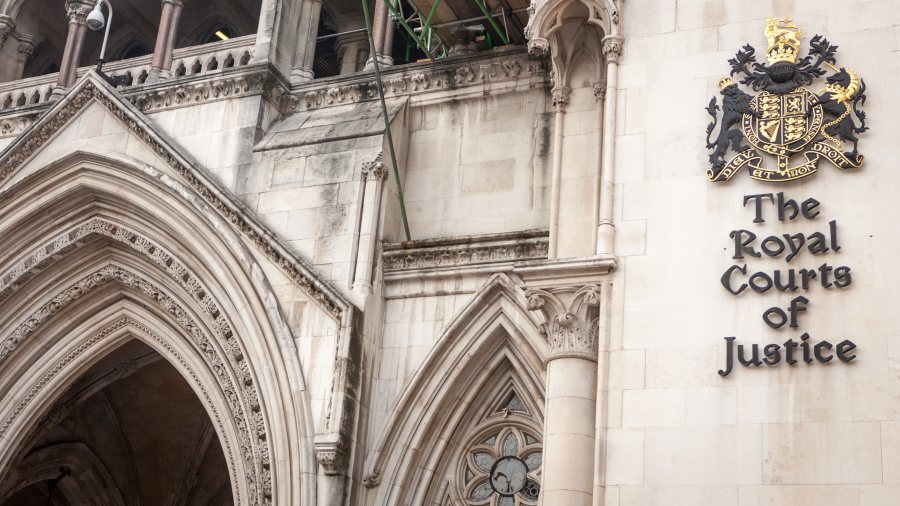
A Court of Appeal judgment has declined to rule on whether so-called 'frankenchickens' are unlawful, but it could have implications for the future of fast-growing chickens.
The court delivered its judgment today in an appeal case against Defra, brought by the Humane League UK, which hoped to demonstrate the suffering of fast-growing breeds of chickens.
Although the appeal was dismissed on technical grounds, the judgment stated that it is unlawful to farm animals who suffer because of their genes.
The clarification will likely have wide-reaching implications for the legality of 95% of all chickens used in the UK today.
Concerns about meat chicken breeds have been frequently highlighted by animal welfare groups, as they say such breeds have been genetically selected to grow so fast that they suffer from health issues.
According to research by animal welfare organisations, faster-growing breeds are more likely to die or need to be culled due to ill health.
Emma Slawinski, director of policy at the RSPCA, said today's Court of Appeal ruling was a 'significant and vital step' in improving the lives of broilers.
"We believe that, for the first time, we have clarity that the keeping of fast-growing chickens is very likely to be unlawful," she said.
“As intervener in this case, we wish to applaud the Humane League UK for taking forward this landmark judicial review."
Essentially, the judgement agrees with the view that fast-growing chickens can only be kept if there is ‘no detriment’ to their health and welfare - no matter how profitable or convenient a breed might be for a farmer.
It also states that keepers must take steps to inform themselves about how breeding impacts welfare and specifies that improved productivity is not a defence against causing suffering.
Although the appeal case was dismissed, the judgment supported the RSPCA and the Humane League UK’s arguments - stating for the first time - that farm animals who suffer due to their genes would most likely be unlawful.
Legislation states that an animal ‘may only be kept for farming purposes if it can be reasonably expected, on the basis of their genotype or phenotype, that they can be kept without detrimental effect on their health and welfare.’
But the court was clear that the issue of how this judgment may be applied in practice remains unresolved, as judges did not take a definitive opinion on the science presented to them.
Nevertheless, Sean Gifford, managing director of the Humane League UK, called it a 'historic ruling', one which 'exposes the UK government’s failure to address the biggest animal welfare crisis of our time'.
"We call on Defra to now work with farmers to end the use of frankenchickens.”
